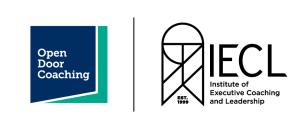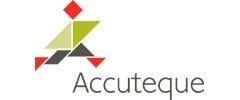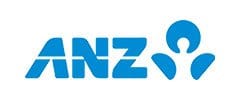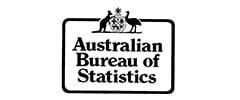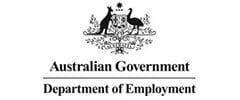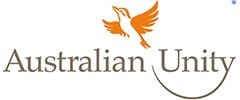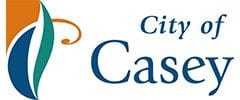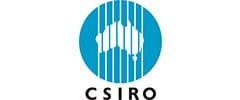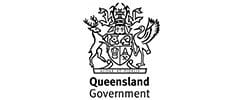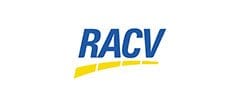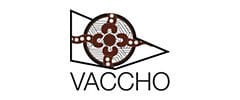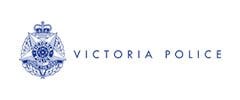Natalie Ashdown
Natalie was invited to write an article for International Coaching Week for Air Force. You can enjoy the article here.
Finding coachable moments and the Air Force coaching mindset
Have you had a chance to go and see the aircraft hangar?
Listen to the Coaching Cafe podcasts
The beautifully polite question was asked of me by a flight sergeant at Richmond Air Force Base at the afternoon tea break, on day 3 of our Air Force Coaching Leadership Program. I had just finished introducing a range of short sharp coaching tools to the group (give yourself a pat on the back if you can name a few of them) and had talked about finding ‘coachable moments’.
‘You can even be a having a stand-up toolbox discussion in the hangar’, I had declared, ‘and that’s where you can ask “what are the options here?” and that’s a coaching moment. An opportunity to coach, and identify what solutions the team can bring.’ To be fair, that was a suggestion that had been given to me by groups in the past.
On this occasion, however, the flight sergeant was less sure of the practicality of the claim and offered me to visit the hangar of the Hercules. Now I had spent a lot of time at Richmond, particularly during Victorian COVID lockdowns (that’s another story) and had the opportunity to watch the operation of the Hercules nearly every day for about 6 weeks including loading, take off, and landings. But walking into the hangar I was struct by the shear enormity of the size of the building. I had been up close to the aircraft on a couple of occasions at Amberley, but the empty shell that housed the aircraft at this time, was simply surprising. The best thing that came out of my mouth was ‘wow it’s big’.
‘Ok Nat,’ continued the flight sergeant, ‘now imagine this area has an inbound aircraft and the noise that it generates. It’s going to make coaching pretty hard.’
I agreed.
But then, we spent the next ten minutes strolling around the environment and actually talking about what coaching would look and sound like during operations. And that has always been the key for me: you know your operations; you know the battle rhythm; you know your people and who’s going to respond and who is not; and it’s up to you to take some time to consider and pick the opportunities for coaching.
‘Got no time for coaching…’
One of the common excuses that we often hear for not coaching is: ‘I have no time for coaching.’ And here’s something very important that I want to share with you: at Air Force that has NOT been typically used as an excuse. In fact, in my Doctorate research using Air Force as a case study (more on that next time), I identified five different groups of people who typically attend the Air Force Coaching Leadership Program. Only one of those groups identified ‘I do not have time for coaching’ as an impediment to the implementation of coaching. However, importantly, when considered with the other data they provided, the reason that they didn’t have time for coaching was more related to the type of role – that coaching wasn’t necessarily appropriate in their role, for example when they are in a specific training role. Even if the circumstance was not right for coaching, this group still adopted a coaching mindset and they were looking for coachable moments.
One more time: ‘got no time for coaching’ is not an excuse used by Air Force Leadership Coaches.
Creating the ‘force multiplier affect’
The original stakeholders who introduced coaching to Air Force, nearly 10 years ago, had the vision to coach train a group of people who would then in turn coach others. Over time, this would create a ‘force multiplier affect’: as those original 16 attendees I trained at Glenbrook, coached 16 others, the numbers of coaching interactions increased exponentially. Over the years, many of the Air Force Coaches have gone on to be trained in delivering (what was originally called) the Coaching 101 program and they in turn delivered the training to over 9,000 members. That’s 9,000 people with the opportunity to use coaching skills to make a difference.
Now even if we assume that only 10% of those people adopted a coaching approach and found the opportunity to coach, we are talking about 900 single interactions that can make an impact. And of course, that multiples out many times over days, weeks, months and years.
Importantly, as is the case with coaching conversations, we may never know the real impact that we have had on an individual. It is not uncommon to find out that a question we asked two years ago was still ruminating in the head of a member, and had made a difference. That’s the power of coaching, and the power of the force multiplier affect.
Dust off your coaching
So I understand it’s common to attend a training program and then get swamped by the operations and the day to day. But during International Coaching Week, I am offering you a call to action: to dust off your coaching skills; to look for those coaching moments; to really bring your coaching mindset to the forefront; and to re-engage or continue to engage in making a huge difference to Air Force.
For the experienced coaches who have adopted coaching as part of their normal play-book, and coaching is in your blood: I implore you to continue role modelling. Role modelling coaching has been researched as one of the critical drivers of coaching success within an organisation.
Finally, it’s been one of the greatest privileges of my career to work with Air Force in the implementation of coaching via the Air Force Coaching Leadership Program. The coaching mindset is alive and real at Air Force, and I look forward continuing to partner with you all.
You can stay connected to your coaching via our weekly Coaching Cafes and coaching podcast, or simply drop me a line, I would love to hear from you.
Enjoy your coaching,
Nat Ashdown.
E: natalie@Opendoorcoaching.com.au
M: +61 (0) 416 203 239
L: linkedin.com/in/natalieashdown
Natalie Ashdown, Master Certified Coach (MCC), has been delivering the Air Force Coaching Leadership Program to units across most Air Force bases since 2016. The Program enables members to achieve the Certificate IV in Workplace and Business Coaching (18034NAT) qualification and apply for International Coach Federation (ICF) credentials (where appropriate). Find out more about Natalie and the Program by visiting Open Door Coaching.
FREE Coaching Cafe Webinar
Every week our team of experts present “Coaching Cafe” webinar with topics for Managers, Leaders, Business Owners, and everyone who wants to be a better workplace coach, leading their teams to higher productivity, better outcomes and a happier, healthier workplace.
